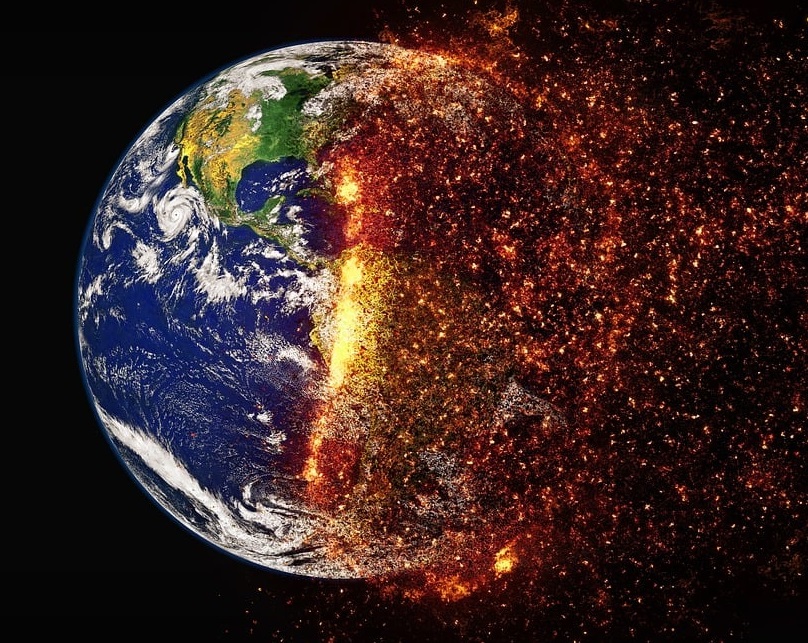
A couple of announcements before we tackle today’s topic. In acknowledgement of Indigenous Peoples Day, just the annual reminder for all of us that less than one-half a percent of philanthropic dollars go to Native American-led nonprofits in the US, which is disproportional to the Native American population, which is 2.6%. So, funders out there, increase your giving. The rest of us, donate to Native orgs and support Native businesses and individuals.
Meanwhile, a couple of webinars that might interest you. This week on October 17th at 4:30pm Seattle time, there’s a virtual rally for Harris/Walz, with specific focus on getting more representation for the nonprofit sector in the new administration.
Also, you may have read this amazing essay “You’re not feeling imposter syndrome, you are an imposter: Identity and belonging in nonprofit work” by the brilliant Esther Saehyun Lee. Next week, on October 24th at 12pm Pacific Time, I’ll be in discussion on this topic with Esther and our colleague Aleeka Morgan (director of Nurturing Wāhine Fund). It’s FREE; captions enabled. Register here [None of us are getting paid for this, so expect a casual conversation probably filled with cussing].
Continue reading →




